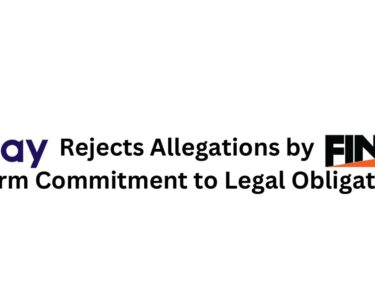Cyber Harassment Helpline revealed a report containing six-month data, demonstrating that it has received 763 complaints in a span of six months from 1st December 2016 to 31st May 2017.
The complaints are taken over Facebook messages, emails and mainly over the toll-free Helpline number. Out of the 763 harassment complaints, 94 via Facebook messages, 100 by means of emails, and 569 were taken as phone calls.
Digital Rights Foundation initiated the Cyber Harassment Helpline, which was launched on 28th November 2016, started working and taking calls on 1st December 2016. Their support team consists of a lawyer, a digital security expert, and a psychologist which can offer help if necessitate.
Monday to Friday, from 9 am to 5 pm helpline operates five days a week. Now the first six monthly Cyber Harassment report has been produced to make sure the transparency of its process, operations and share its experiences.
Gender
Showing females as the prime victims of cyber harassment, the report indicates that 63% of the calls were from the females and 37% of the calls were from the males.
Nature of cases and platforms
According to the facts and figures of each person complaint, the nature of cases was studied. Major cases of online harassment cases shown in the report were Fake profiles, blackmailing, information seeking, unsolicited message, and non-consensual usage of information, threat and hacking. Facebook was the main type of platform used for distressing and harassment the individuals.
Geographical Distributions of Harassment
On the basis of geographical distribution when the cases were separated, it showed the bulk of the complaints were from Punjab (44%)as a majority, 19.1% from Sindh, 5% from KPK, 1.6% from Balochistan, 0.6% from Azad Kashmir and 8.7% from Islamabad.
The helpline has productively met its aim during the first six months of launch and has collected data from the online harassment complaints. There are policies to expand the helpline to rural areas where the populace are more helpless to harassment.
Digital Rights Foundation figured out that National Response Centres for Cyber Crime (NR3C) not have enough resources and does not have sufficient manpower to assist and tackle the rising cases of harassment online. As a result, they must put efforts to ensure timely registration and quick investigation of the cases while intensification the case transfers method for law enforcement agencies.
A tracking system or a portal should be there to receive the complainants and to updates their cases. Working hours need to be extended to a lot of people cannot call for the duration of the Helpline hours. Now the Helpline is access able five days a week which should be extended to seven days a week to help the users.




